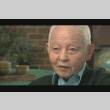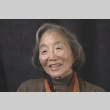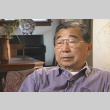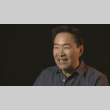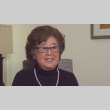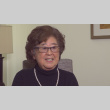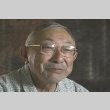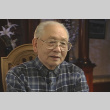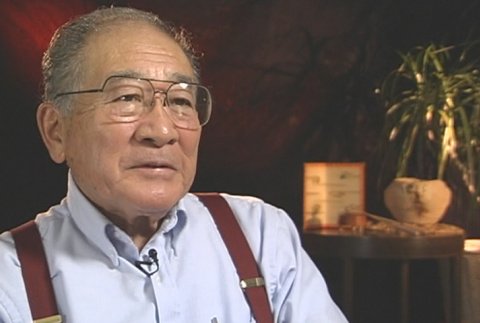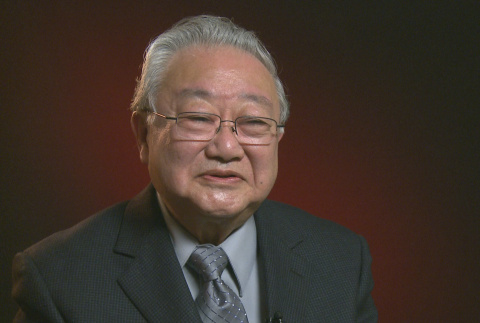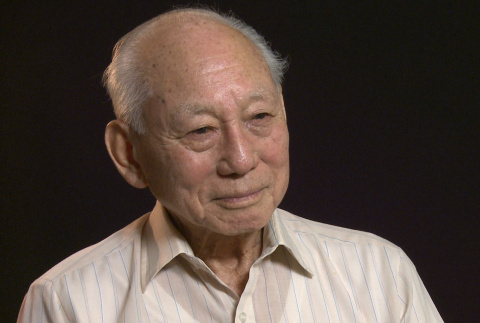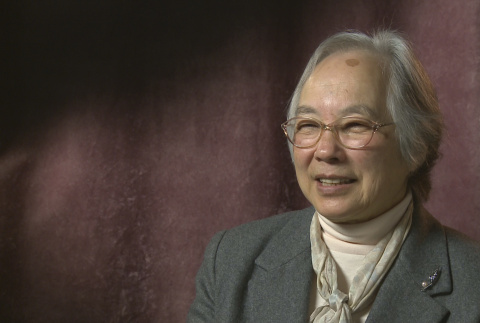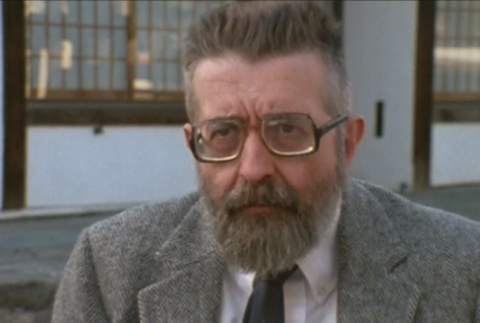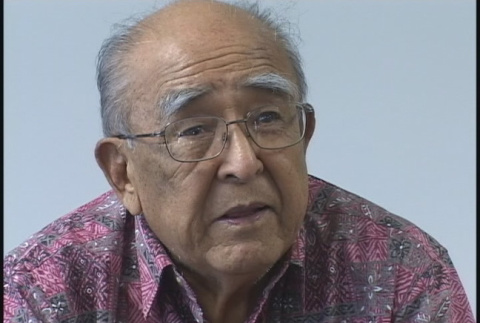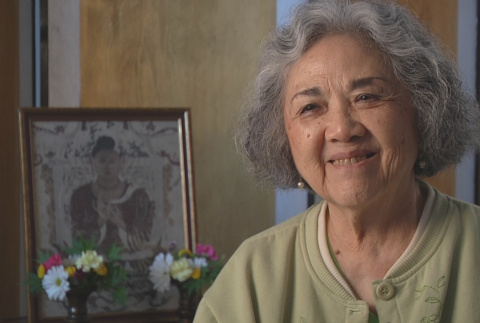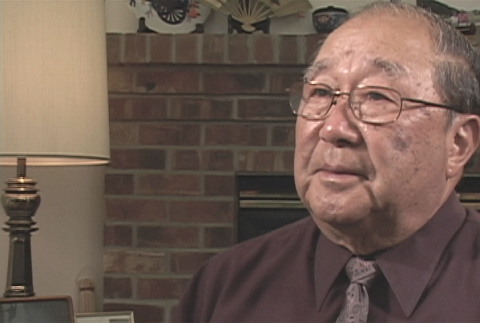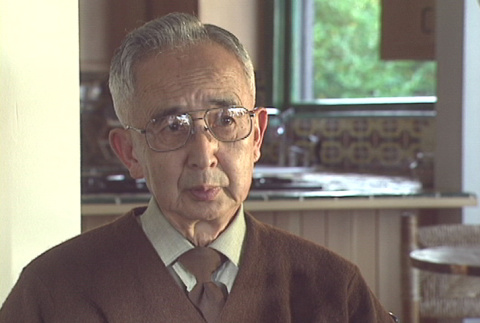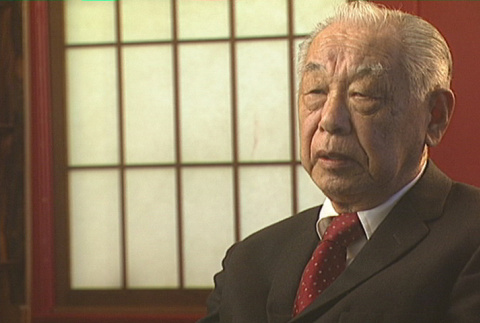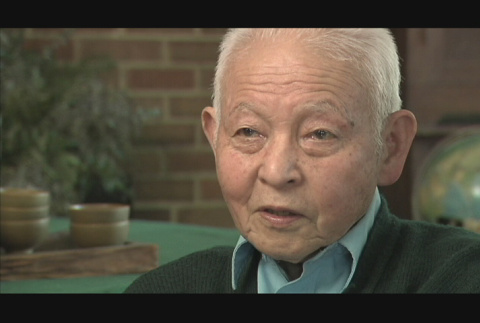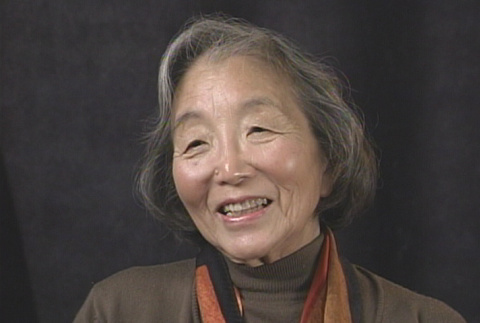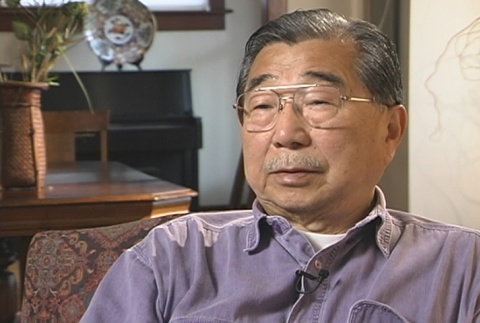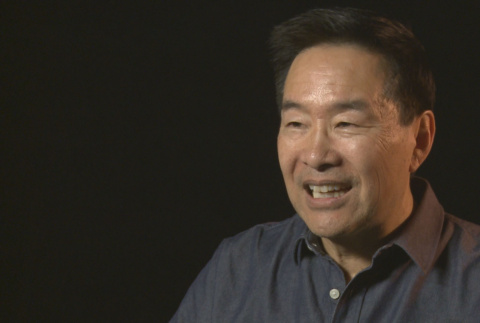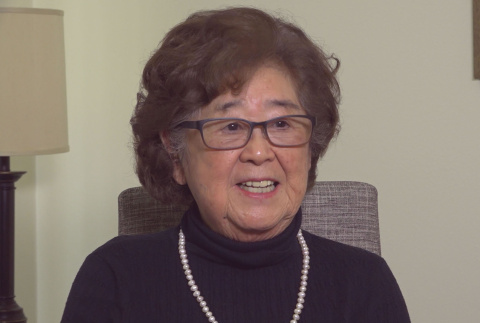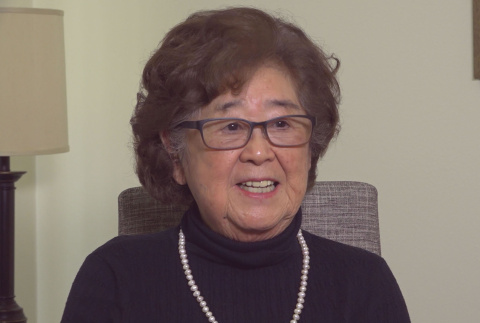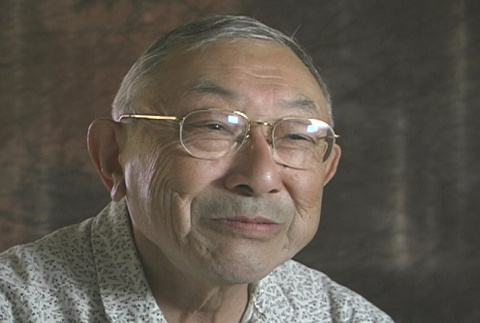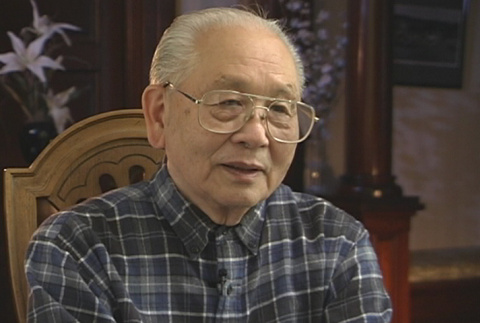Life in Japan and reasons for leaving
Most of the Issei (first-generation) immigrants belonged to the peasant farming class that had been hurt by industrialization, inflation, and rising taxes caused by the Meiji government's modernization program. The majority of the immigrant workers came from the four prefectures of Hiroshima, Yamaguchi, Kumamoto, and Fukuoka. The country was hard hit by depression following the Russo-Japanese war, which ended in 1905. Hoping for better economic opportunity than was available in the rigid society of Japan -- then just emerging from the feudal era -- ambitious men, especially younger sons who would not inherit property, traveled to the new country with the dream of making their fortune. Pioneer Issei women -- the first Japanese women to receive public education under Meiji reforms -- joined them as brides, many seeking to avoid living under the authority of their marital families.
Immigration and citizenship
(431)
Life in Japan and reasons for leaving
(97)
Related articles from the
Densho Encyclopedia :
Immigration
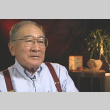
Members of the National Japanese American Historical Society (NJAHS) arranged for and conducted this interview in conjunction with Densho.

Members of the National Japanese American Historical Society (NJAHS) arranged for and conducted this interview in conjunction with Densho.
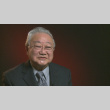
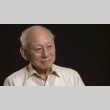
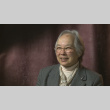

This interview is audio-only. It contains raw footage used by Steven Okazaki in his 1985 film Unfinished Business.
This material is based upon work assisted by a grant from the Department of the Interior, National Park Service. Any opinions, finding, and conclusions or recommendations expressed in …
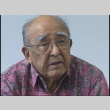

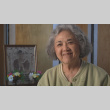
This material is based upon work assisted by a grant from the Department of the Interior, National Park Service. Any opinions, finding, and conclusions or recommendations expressed in this material are those of the author(s) and do not necessarily reflect the views of the Department of the Interior.
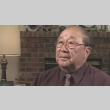
This material is based upon work assisted by a grant from the Department of the Interior, National Park Service. Any opinions, finding, and conclusions or recommendations expressed in this material are those of the author(s) and do not necessarily reflect the views of the Department of the Interior.
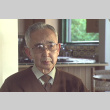
This interview was conducted by sisters Emiko and Chizuko Omori for their 1999 documentary, Rabbit in the Moon, about the Japanese American resisters of conscience in the World War II incarceration camps. As a result, the interviews in this collection are typically not …
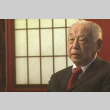
This interview was conducted by sisters Emiko and Chizuko Omori for their 1999 documentary, Rabbit in the Moon, about the Japanese American resisters of conscience in the World War II incarceration camps. As a result, the interviews in …
